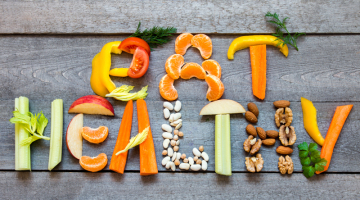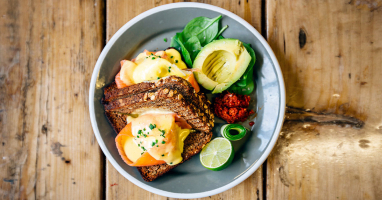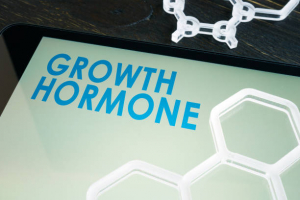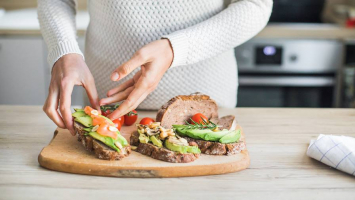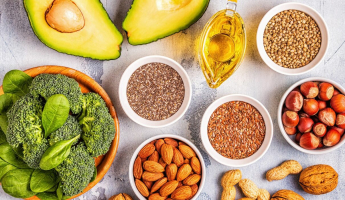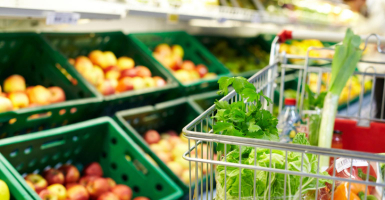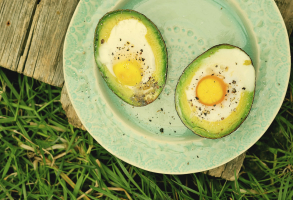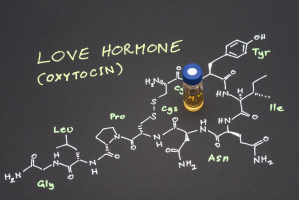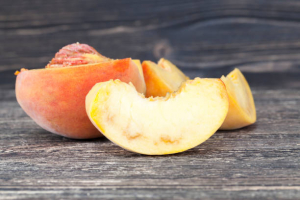Top 8 Ways to Naturally Digest Food Faster
Understanding how your digestive system functions and taking efforts to ensure that all of your food goes smoothly—and at the right pace—through your whole ... read more...gastrointestinal tract will help you reduce the most common digestion problems. The following advice may help you to naturally speed up your digestion if you've been experiencing any stomach pain, bloating, or other discomforts.
-
Exercise is a miracle drug if there is such a thing. Physical activity really has so many advantages, from reducing stress to increasing strength to lowering the chance of disease.
Moving your body can help in moving food through your digestive system is one of the well-known benefits of exercise. A simple exercise routine may also be helpful for those who already experience constipation. According to some studies, symptoms can dramatically improve with just 11 minutes of at-home exercise each day and 30 minutes of walking. Additionally, inactivity has been associated with a decrease in transit time and gastrointestinal motility, which measures how quickly your body can transport food through your digestive system. Improved digestion is the perfect reason to begin exercising regularly.

Exercise Regularly 
Exercise Regularly -
Fiber promotes digestive health, as you likely already know. While insoluble fiber helps keep things going through your digestive system and pushes food through, soluble fiber absorbs water to help you pass your stool more easily.
According to the U.S. Department of Agriculture (USDA), most Americans do not meet their recommended daily allowance (RDA) for fiber. On a high-fiber diet, fiber intake should be at or above the RDA for fiber, which is 22 to 28 grams for adult women and 28 to 34 grams for adult men. According to studies, eating a diet high in fiber lowers the risk of digestive problems such as irritable bowel syndrome and inflammatory bowel syndrome (IBS). Increase your fiber consumption gradually if you don't consume a lot of it. Constipation, bloating, and gas can result from consuming too much fiber all at once, which might have the opposite impact of what you want.
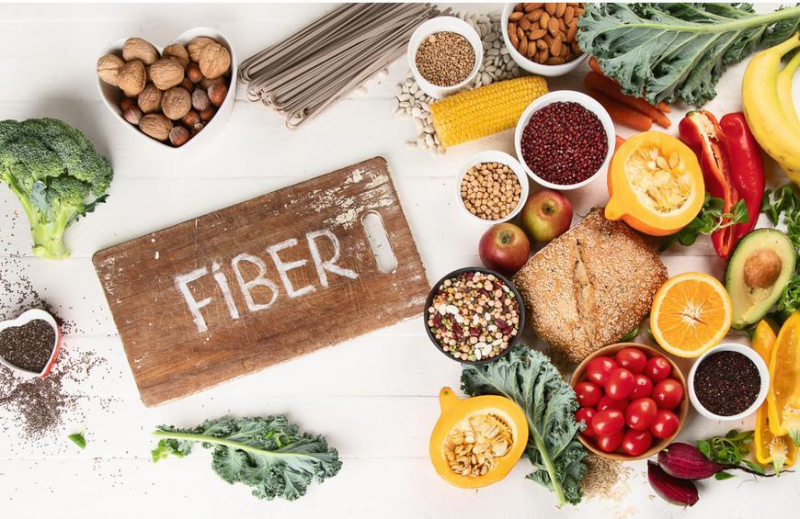
Eat More Fiber 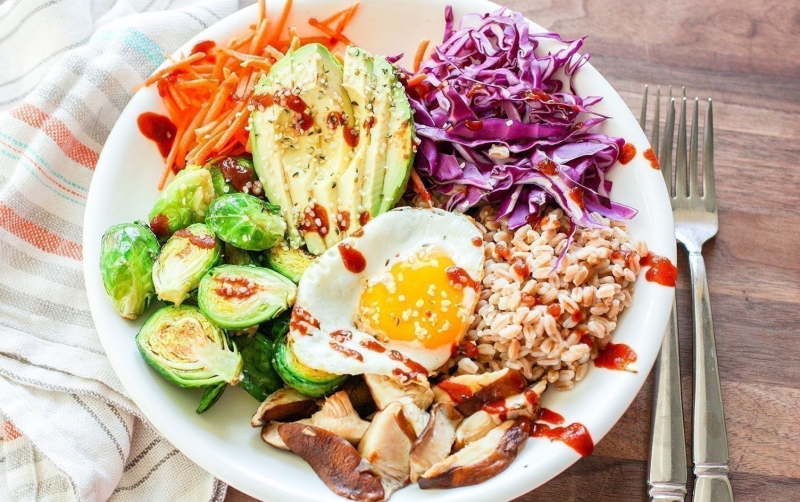
Eat More Fiber -
Your body benefits greatly from healthy fats like those in avocados, almonds, chia seeds, olive oil, and seafood. Digestion may be slowed by other types of fat, including those in fast food and fried potato chips.
Typically, fast food is not very nutrient-dense. Numerous research found that fast food frequently contains a variety of typically unhealthy substances. It contains a lot of processed preservatives, as well as a lot of sugar, salt, and saturated or trans fats. Because they are high in fat, which takes longer to digest than fiber, and contain little to no fiber, scientists believe that these foods may contribute to constipation. The high salt level may also cause your stool's water content to reduce, making it harder to pass. Additionally, consuming mostly fast food or prepared foods rich in fat may just not leave enough room in your diet for foods like fruits, vegetables, and whole grains that are good for digestion.
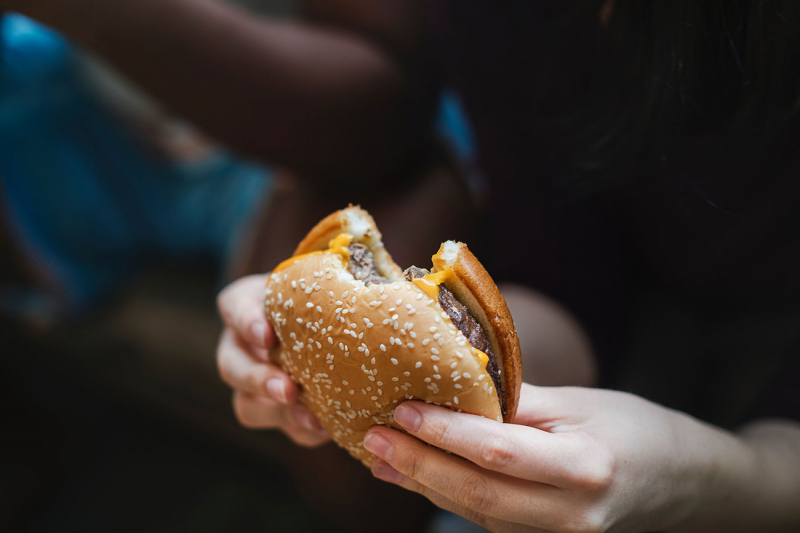
Minimize Fast Food 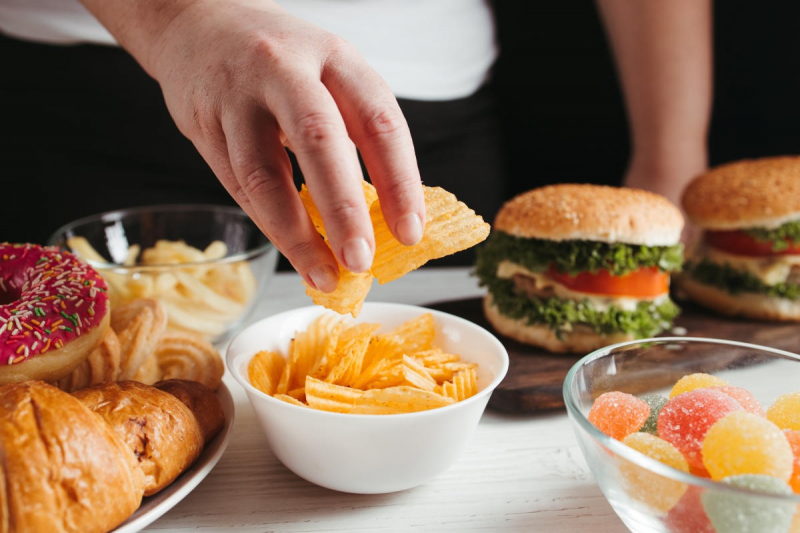
Minimize Fast Food -
Both children and adults have been related to constipation due to low fluid intake. Although everyone's demands for hydration are different, experts advise men to drink 3.7 liters (125 ounces, or about 15.5 cups) of fluid per day and women to drink 2.7 liters (91 ounces, or about 11 cups).
This may seem excessive but bear in mind that it also includes fluids from food and non-water beverages. About 20% of your water intake comes from the foods you eat. The remaining 80% comes from beverages, including water, coffee, tea, milk, and anything liquid. So consuming a lot of fruits and vegetables can help you drink the recommended amount of fluids. Additionally, there is no conclusive evidence that caffeine dehydrates people, even those who regularly use caffeinated beverages. Additionally, coffee may actually hasten the process of digestion.
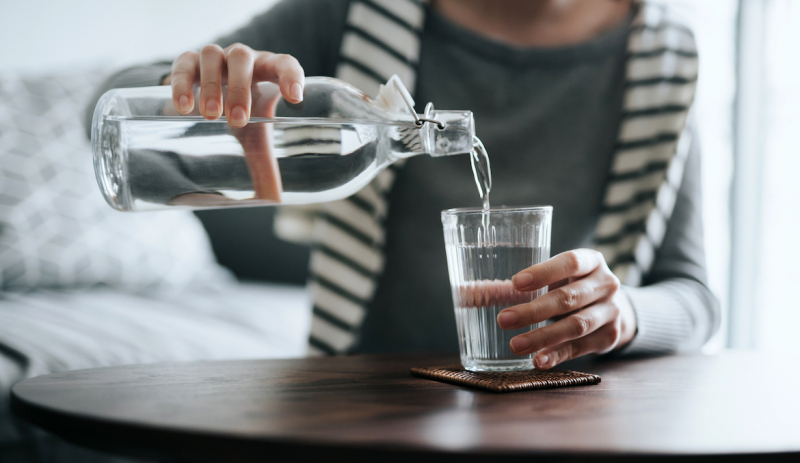
Drink More Water 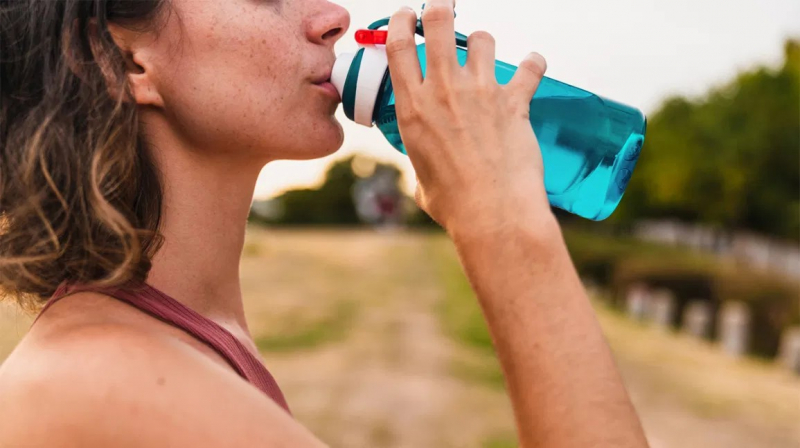
Drink More Water -
Health requires a good night's sleep. A variety of health issues, including as heart disease, diabetes, and obesity, are more likely to develop when you don't get enough sleep. Sleeping habits may also affect digestion and bowel motions, according to a long-standing scientific theory. That connection is still there years later.
Lack of sleep appears to have a bad impact on digestion the following day, with stomach pain and distension (bloating) being particularly affected. Irritable bowel syndrome (IBS), peptic ulcer disease (PUD), gastroesophageal reflux disease (GERD), and inflammatory bowel disease (IBD) have all been associated with poor sleep (IBD). The Gastrointestinal Society, a division of the Canadian Center for Intestinal Research, suggests getting enough sleep as a lifestyle-based treatment for digestive issues and poor digestion.

Prioritize Sleep 
Prioritize Sleep -
Before significant events like an important exam, a marriage to a significant other, or a job interview, many people have upset stomachs, "butterflies", or gut-wrenching pain. Typically, this kind of stress-related stomach pain goes away as soon as the significant event comes to an end.
Consider the effects of stress on your health and well-being regardless of the stressor. After all, being under excessive stress can harm both your mind and body, including your gut and digestion. Long-term stress can trigger gastrointestinal (GI) issues, like constipation, diarrhea, indigestion, or an upset stomach. Managing stress on a regular basis is one of the keys to better digestion. Deep breathing exercises and meditation may help to reduce inflammation, a marker of stress in the body. This could then help to ease intestinal stress.

Keep Stress Levels Low 
Keep Stress Levels Low -
Everyone is familiar with the unpleasant sensation of eating a lot of food at once. Overeating stresses up your digestive system and slows down the process, which can result in slow digestion.
If you tend to overeat at every meal, you might believe that slow digestion is "normal" for you. However, by eating smaller meals, you might benefit from fast digestion (and prevent uncomfortable fullness). Try eating five or six little meals instead of your usual three large ones if you experience slow, uncomfortable digestion. Alternatively, see whether including satiating snacks like trail mix or lean jerky bars throughout your day may help you stick to smaller meals. And if you frequently overeat, you may suffer from binge eating disorder, which can have a serious negative impact on your health. If you are worried, discuss it with your doctor.

Avoid Overeating 
Avoid Overeating -
Do you frequently consume food without chewing it thoroughly? If this is the case, your eating habits may be causing your digestion to be uncomfortable and slow.
Salivary enzymes break down food in your mouth to start the digestion process. To make each mouthful of food into a pulp that your digestive enzymes may easily pass through, your teeth help by crushing the food's tough outer surfaces and skins. Furthermore, by chewing food more slowly, you give your stomach more time to break down the food. You can have indigestion after eating an entire meal in less than five minutes. Take 20 minutes to consume the same amount of food instead. Chewing your food thoroughly increases the number of nutrients your body can absorb from certain foods and may help you avoid overeating, which lowers your risk of developing indigestion.
Chew Your Food 
Chew Your Food











